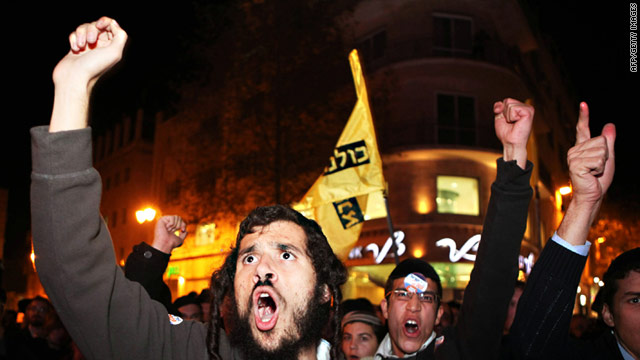
The Israeli summer: Hundreds of thousands took to the streets in one demonstration after another. Hundreds erected tents in the middle of cities and other public places and lived in them. Protests were not about war and peace, but social concerns, a strong, angry and frustrated cry against the high cost of living and the quality of life. The demonstrators were particularly concerned about the price of housing (both for purchase and rent), low salaries, and the retreat of Israel from its previous social welfare commitments and the transformation of the state into what has become known as a “swine capitalism.” In July and August of this year, the unprecedented happened. Irit Dekel has already reported and appraised at Deliberately Considered earlier developments. Here, I consider a hopeful sign, and suggest how the concerns of the protestors might be addressed, even though I think this is unlikely, given the nature of the present government of the country.
A Hopeful Sign
As the massive civil protests were taking place, supporters were concerned that the sharp edge of this genuine social and political protest may be neutralized if a military threat suddenly erupts. Possible scenarios included President Assad of Syria or Hezbollah in Lebanon igniting Israel’s northern border in order to deflect international attention from Assad’s brutal suppression of the revolt against him. While this did not happen, in mid August, Israel’s southern border was ignited as Israel and the Palestinians in Gaza exchanged fire. This heightened military tension immediately set the agenda for the news. Coverage of the protest by the media all but disappeared. Yet, the protest did not abate.
Given this persistence, the political authorities are under great pressure to respond. Yet, Netanyahu and his government, at best, will try to placate the protestors, making minor changes, merely alleviating some of the despair, stress and misery that fueled the protests. A significant response to the Israeli summer would require changed national priorities. Although I don’t think there is a political will for this by the ruling parties, important changes are possible, practical policy . . .
Read more: Civil Protest in Israel: Reflections of a Science Fiction Fan

